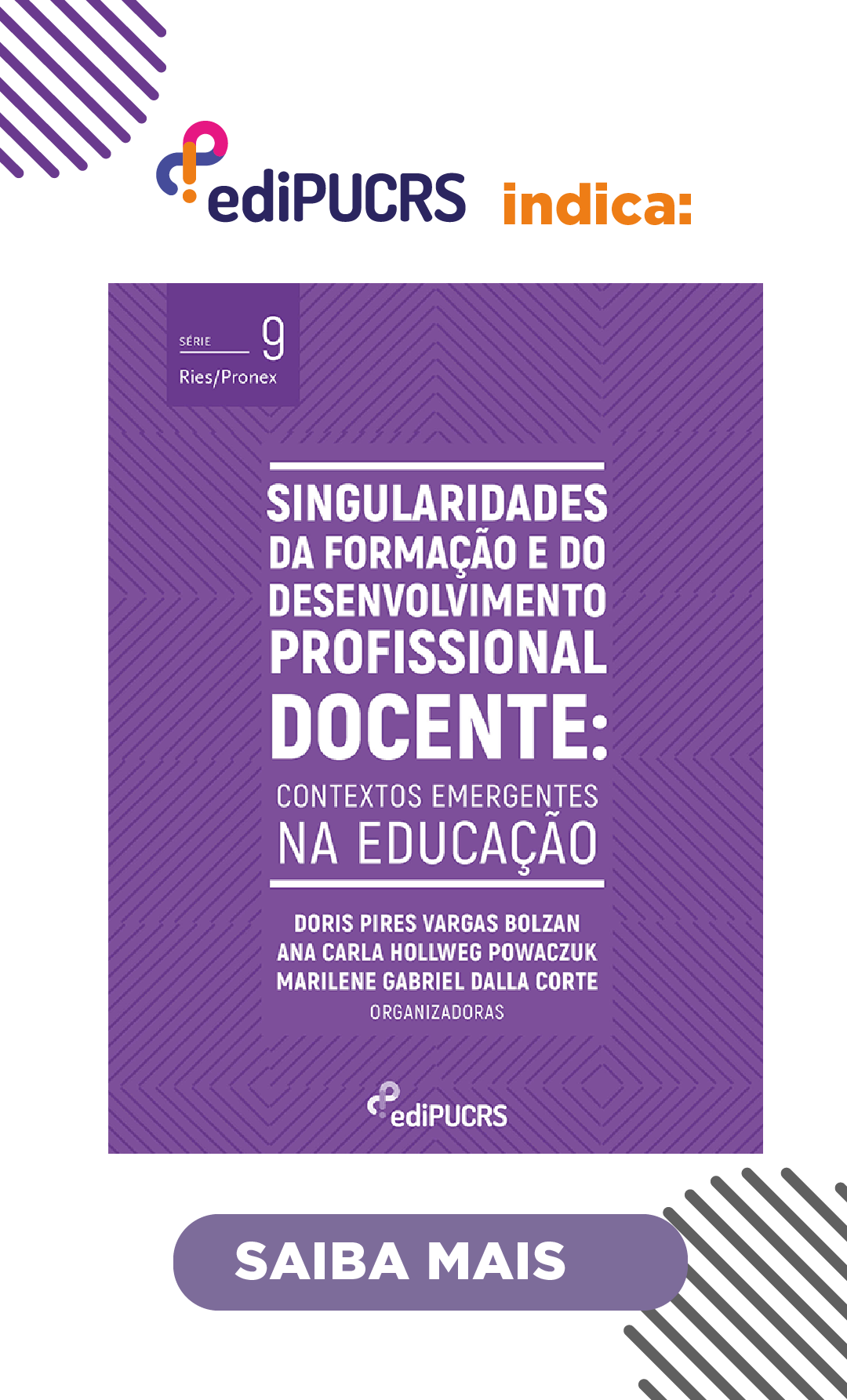The impact of the participation of parents and guardians in school management: a study conducted at the School of the 1st Cycle Elimabe I in Malanje
DOI:
https://doi.org/10.15448/2179-8435.2019.2.29762Keywords:
Student. Teaching. Learning. Family. Education.Abstract
The family is the center of the whole process of teaching and learning, because it is the basic cell of society and the place where the learner spends the most time during the whole of his academic and social training. The family must be called to participate in a reciprocal way in the construction of a new being for the world, since society is made by consensus, this participation will have an impact on the management of the teaching and learning process. The student is the one who will have the fundamental mission of assuming different roles for the sustainable and integral development of society in all its aspects. The school should promote a participative management, making the family participate in the management of the student’s educational process, thus guaranteeing the quality of teaching. This article aim general to address aspects related to the degree of family participation and the role in school management as well as the learning outcomes of learners. We selected the techniques of interview and questionnaire, the methodology is qualitative with the sample of 48 subjects, among them: director, teachers, students parents and parents of education, extracted in a total of the population of 211 elements.
Downloads
References
AKÇALI, Aslı Avci; DEMİRCİOĞLU, İsmail Hakkı. Opinions of Pre-service Social Studies Teachers about Using Historical Environment. Turkey, 2016. p. 39.
ARANILLA, Louis et al. Dicionário da Pedagogia. 2. ed. 2013. p. 464.
DELGADO, Verónica Cobano. Parent Participation in the Spanish School System: School Councils. Periódico(HS Admin), v. 8, n. 11, p. 156, 2015. https://doi.org/10.5539/ies.v8n11p156
DINALLO, Anna Marie. Social and Emotional Learning with Families. Periódico (Journal of Economic Literature), México, v. 5, n. 4, p. 147-148, 2016. https://doi.org/10.5539/jel.v5n4p147
DUNST Carl J.; BRUDER, Mary Beth; ESPE-SHERWINDT, Marilyn. Family Capacity-Building in Early Childhood Intervention: Do Context and Setting Matter, 2014.
ER, Harun. The Impact of Teaching the Subjects under “Science in Time” Unit in the Social Studies Class in the 7th Grade Using Jigsaw Technique on the Academic Success of the Students. Turkey, 2017. p. 838. https://doi.org/10.13189/ujer.2017.050516
JOE, J. Richelle. Family Matters: An Investigation of Family Coursework in School Counseling Programs. Florida: Pamela, 1973. p. 1, 3.
LASATER, Kara. Parent: Teacher Conflict Related to Student Abilities: The Impact on Students and the Family. School Partnershi School Community Journal, v. 26, n. p. 237-239, 2016.
LOCH, Ulrike. The Family as a Place of Education. Between a School – Centred Focus on Education and Family Needs, Austria, v. 6, n. 4, p. 93, 2016.
MENEZES, M. Azancot de. Reflexões sobre educação. Angola: Mayamba Editora, 2010. p. 58.
NADIR, Ural; AKTAN, Mehmet Can. Social justice education and school social work in Turkey. Turquia, 2015. p. 217-218.
O’DONNELL, Julie; KIRKNER, Sandra L. The Impact of a Collaborative Family Involvement Program on Latino Families and Children’s Educational Performance. School Community Journal, v. 24, n. 1, p. 211, 2014.
PASO, Chalad; CHANTARASOMBAT, Chalard; TIRASIRAVECH, Watanachai. Strengthening Teacher’s Learning Management for Self-Reliance of Students in Thai Secondary School. Periódico, v. 10, n. 3, p. 165, 2017. https://doi.org/10.5539/ies.v10n3p165
PRIEST, Kerry L.; SAUCIER, Donald A. Exploring Students’ Experiences in First-Year Learning Communities from a Situated Learning Perspective, Gregory Eiselein Kansas State University. Periódico, v. 28, n. 3, p. 361, 2016.
QUEZADA, Maria S. Strengthening Relationships with Families in the School Community: Do School Leaders Make a Difference. INSPIRE at the California Association for Bilingual Education, 2016.
QUIGNEY, Theresa A. Transition to Post-secondary Life for Students with Disabilities: Promoting Student Success. Cleveland State University, 2017. https://doi.org/10.4324/9781315813820
REDONDO, Rocío Espinar; MARTÍN, José Luis Ortega. Motivation: The Road to Successful Learning. Periódico (Profile: Issues Teach. Prof. Dev.), Spain, v. 17, n. 2, p. 125, 2015. https://doi.org/10.15446/profile.v17n2.50563
SCHULZE, Salomé. Family experiences, the motivation for science learning and science achievement of different learner groups. South Africa Journal of Education, v. 37, n. 1, 2017. https://doi.org/10.15700/saje.v37n1a1276
UMPSTEAD, Regina et al. School Choice in Spain and the United States: a Comparative Study. 2016. p. 84 e 86.
USLU, Fátima; GIZIR, Sıdıka. School Belonging of Adolescents: The Role of Teacher – Student Relationships, Peer Relationships and Family Involvement. 2016. p. 63, 66 e 68.
YOLCU, Hüseyin. Parents’ Voluntary Contributions to Primary Schools, Which Are Not Directly Monetary, 2013. p. 227-228.
ZHI-GUO, Wang. Current situation of student network morale. 2010. p. 44.
Downloads
Published
How to Cite
Issue
Section
License
Copyright (c) 2020 Educação Por Escrito

This work is licensed under a Creative Commons Attribution 4.0 International License.
Copyright
The submission of originals to Educação Por Escrito implies the transfer by the authors of the right for publication. Authors retain copyright and grant the journal right of first publication. If the authors wish to include the same data into another publication, they must cite Educação Por Escrito as the site of original publication.
Creative Commons License
Except where otherwise specified, material published in this journal is licensed under a Creative Commons Attribution 4.0 International license, which allows unrestricted use, distribution and reproduction in any medium, provided the original publication is correctly cited.





